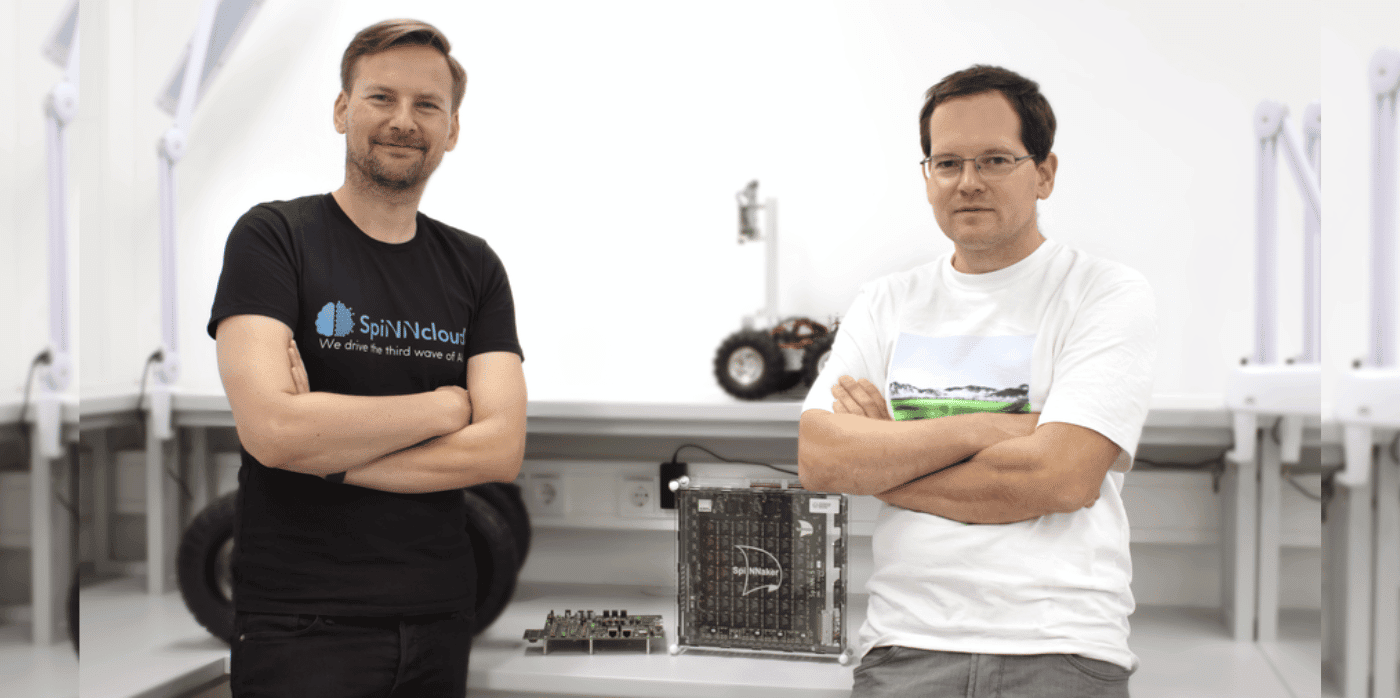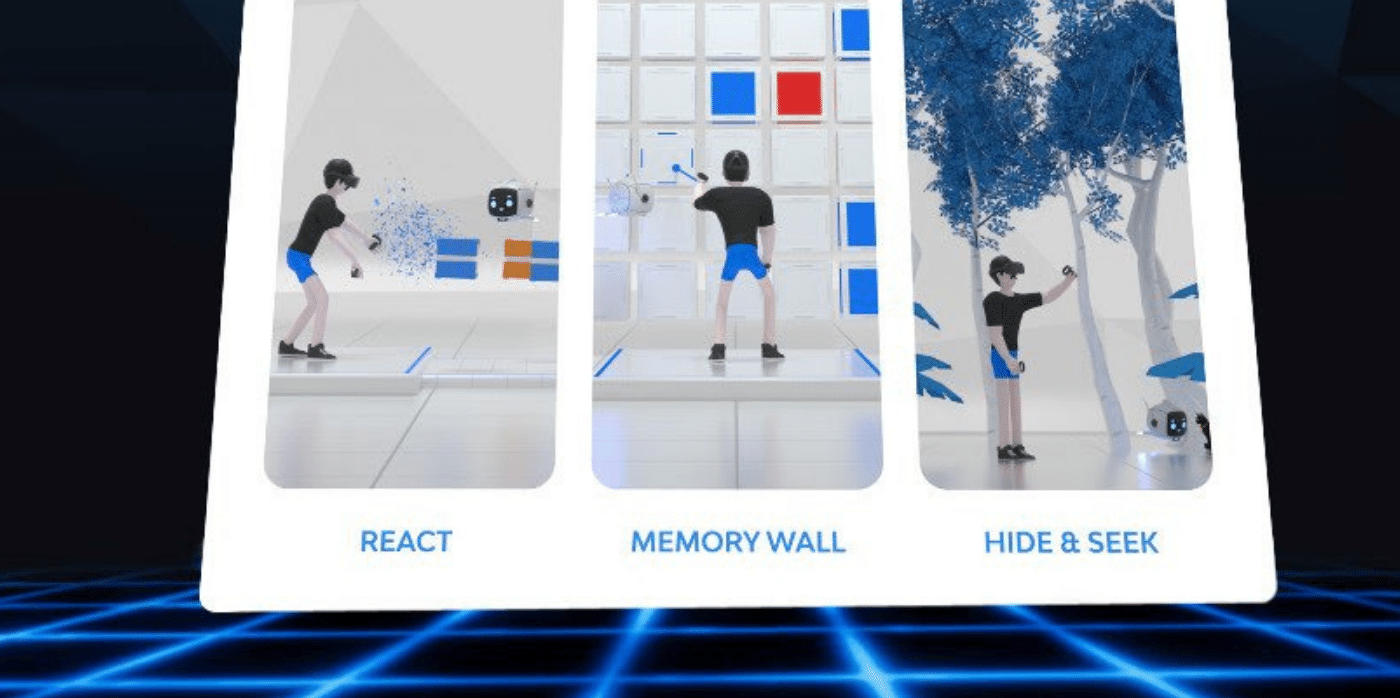A supercomputer for AI inspired by the human brain

Spotted: Artificial intelligence (AI) is already making inroads into our daily lives through virtual assistants, image recognition, and financial fraud detection. However, even the best AI hardware is still a long way from the energy-efficient, low latency, and high-throughput processing our own brains are capable of – but maybe not for long.
Back in 2018, researchers at the Advanced Processor Technologies Research Group at the University of Manchester developed SpiNNaker (spiking neural network architecture) — a supercomputer architecture that mimicked the interactions of biological neurons. SpiNNaker is being used as one component in the Human Brain Project (HBP), a 10-year project that aims to create an ICT-based research infrastructure for brain research, cognitive neuroscience, and brain-inspired computing.
In 2019, the second-generation SpiNNaker 2 was developed by Technische Universität Dresden in collaboration with the University of Manchester. From this project, SpiNNcloud – a Technische Universität Dresden spinoff – was born. The company’s unique computer hardware is used for applications such as robotics, sensing, and prediction.
Now, SpiNNcloud has announced it is receiving a €2.5 million grant from the European Innovation Council (EIC) for its newest project, “SpiNNode: SpiNNaker2 on the edge”. The funding will be used to expand and develop brain-inspired hardware for mobile applications and test it in real-life industrial situations.
The need for energy-efficient hardware has become more pressing with the development, and widespread adoption, of more sophisticated AI models. Christian Eichhorn, Co-CEO of SpiNNcloud Systems, explains, “AI such as ChatGPT is now entering our everyday lives and, therefore, represents a revolution comparable to that of the internet. Training this AI model consumes as much electricity as 3,000 households use in a month (…) We are working on the most energy-efficient computing hardware for large-scale applications, as this will be key to significantly reducing the carbon footprint of AI.”
Advances in AI are coming thick and fast, and Springwise has spotted several recent innovations, including the development of faster and more efficient optical neural networks, and numerous products such as a platform for tracking the climate footprint of food products.
Written By: Lisa Magloff


